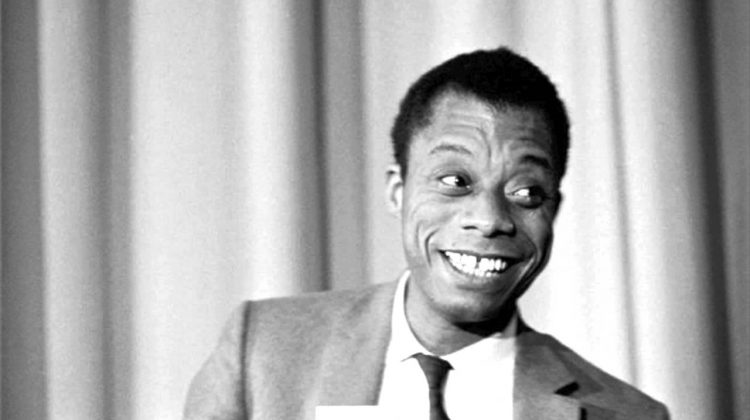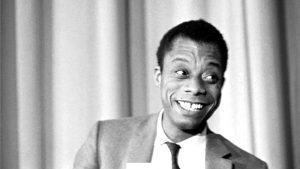
Good morning, POU Family! I hope everyone had a safe and good weekend. This is an oldie but goodie, but appropriate for the times. This week’s threads will highlight the debates between James Baldwin and William F. Buckley.
On Oct, 26, 1965, the late author James Baldwin and the late conservative author William F. Buckley met at the Cambridge Union, Cambridge University for a debate of the ages. The topic was, “Has The American Dream Been Achieved at the Expense of the American Negro?”. This week, we will take a look this legendary debate.
But first, a brief bio on each participant:
James Arthur Baldwin (August 2, 1924–December 1, 1987) was an American novelist, essayist, playwright, poet, and social critic.
Baldwin’s essays, for instance “Notes of a Native Son” (1955), explore palpable yet unspoken intricacies of racial, sexual, and class distinctions in Western societies, most notably in mid-20th century America, vis-à-vis their inevitable if unnameable tensions with personal identity, assumptions, uncertainties, yearning, and questing. Some Baldwin essays are book length, ‘for instance’ The Fire Next Time (1963), No Name in the Street (1972), and The Devil Finds Work (1976).
His novels and plays fictionalize fundamental personal questions and dilemmas amid complex social and psychological pressures thwarting the equitable integration of not only blacks yet also of male homosexuals—depicting as well some internalized impediments to such individuals’ quest for acceptance—namely in his second novel, Giovanni’s Room (1956), written well before the equality of homosexuals was widely espoused in America. Baldwin’s best-known novel is his first, Go Tell It on the Mountain (1953)
William Frank Buckley, Jr. (November 24, 1925–February 27, 2008) was an American conservative author[2] and commentator. He founded the political magazine National Review in 1955, which had a major impact in stimulating the conservative movement. He hosted 1,429 episodes of the television show Firing Line from 1966 until 1999, where his public persona was famous for a sesquipedalian vocabulary. He also wrote a nationally syndicated newspaper column and wrote numerous spy novels.
George H. Nash, a historian of the modern American conservative movement, states that Buckley was “arguably the most important public intellectual in the United States in the past half century… For an entire generation, he was the preeminent voice of American conservatism and its first great ecumenical figure.”[6] Buckley’s primary contribution to politics was a fusion of traditional American political conservatism with laissez-faire economic theory and anti-communism, laying groundwork for the new American conservatism of U.S. presidential candidates Barry Goldwater and President Ronald Reagan.
Buckley wrote God and Man at Yale (1951); among over 50 other books on writing, speaking, history, politics and sailing were a series of novels featuring CIA agent Blackford Oakes. Buckley referred to himself as either a libertarian or conservative. He resided in New York City and Stamford, Connecticut. He was a practicing Roman Catholic, regularly attending the traditional Latin Mass in Connecticut.
And now, Part I of Baldwin vs. Buckley:

